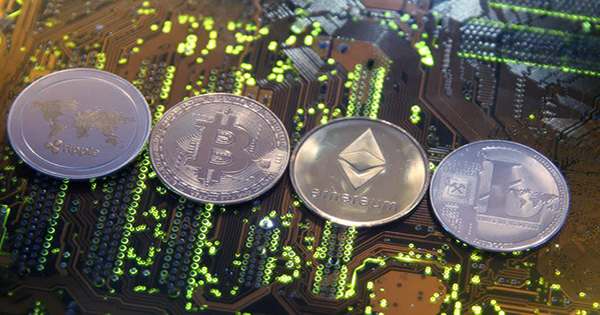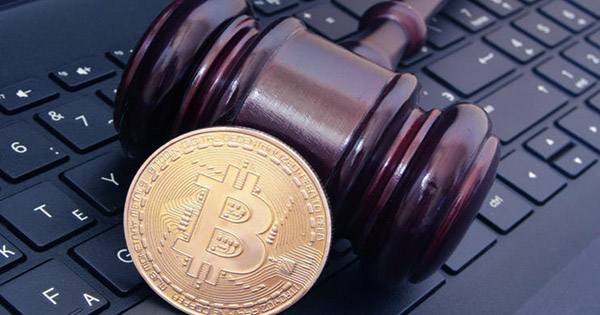Swedish national broadcaster Sveriges Radio reports that the Swedish government has been forced to pay more than SEK 13 million ($ 1.5 million) to convicted drug dealers.
In 2019, three people were convicted of selling large quantities of drugs on the Internet, accepting payments in cryptocurrency Bitcoin. Authorities seized 36 Bitcoin which they said were transactions of dealers. Now, that’s where it starts to get silly. This is the first time Swedish prosecutors have dealt with Bitcoin, and now they admit they should have taken some expert advice.

When the case against the three was convicted, they decided to convert the criminals’ debt into Swedish kronor. At the time, the value of a bitcoin was SEK 40,000 each, which has now climbed to SEK 500,000 per coin? This in itself would not have been a problem if the enforcement officer responsible for the sale of the currency had sold it immediately to recover the debt of the men of Sec 1,440,000. However, this work was postponed until this year, which means that Bitcoin is now much more valuable than the debt of drug dealers.
As a result, prosecutors were able to pay their own by selling only three of the 36 bitcoin. They are now about to return the remaining 33 bitcoin, valued at about 13 million sec, which made them all millionaires despite their imprisonment. Prosecutor Tove Kullberg told Sveriges Radio that “lessons should be learned from holding the value of bitcoin.” “The profit of the crime is 36 bitcoin, regardless of how much bitcoin is worth.”
Bitcoin and other cryptocurrencies have become popular among some criminals because of their semi-anonymous nature which makes them difficult to track. One of the earliest uses of bitcoin is as an online currency among users of the Dark Web Drug Market Silk Road, while cybercriminals and hackers typically claim cryptocurrency during ransomware attacks. A 2019 study estimated that 46 percent of all bitcoin transactions between 2009 and 2017 were for illegal activity, but there was a large increase in mainstream applications that increased the number of legal transactions.
















